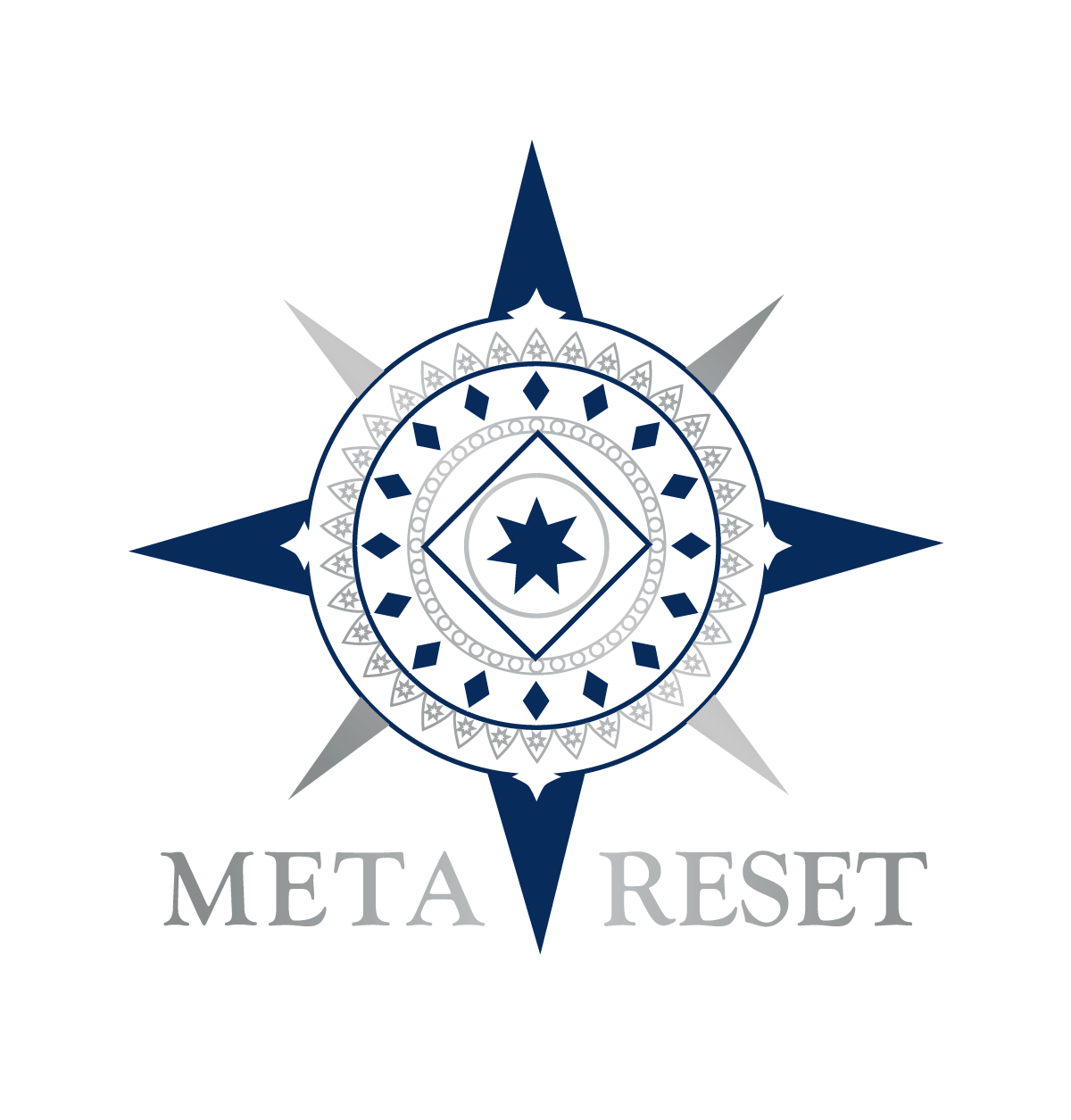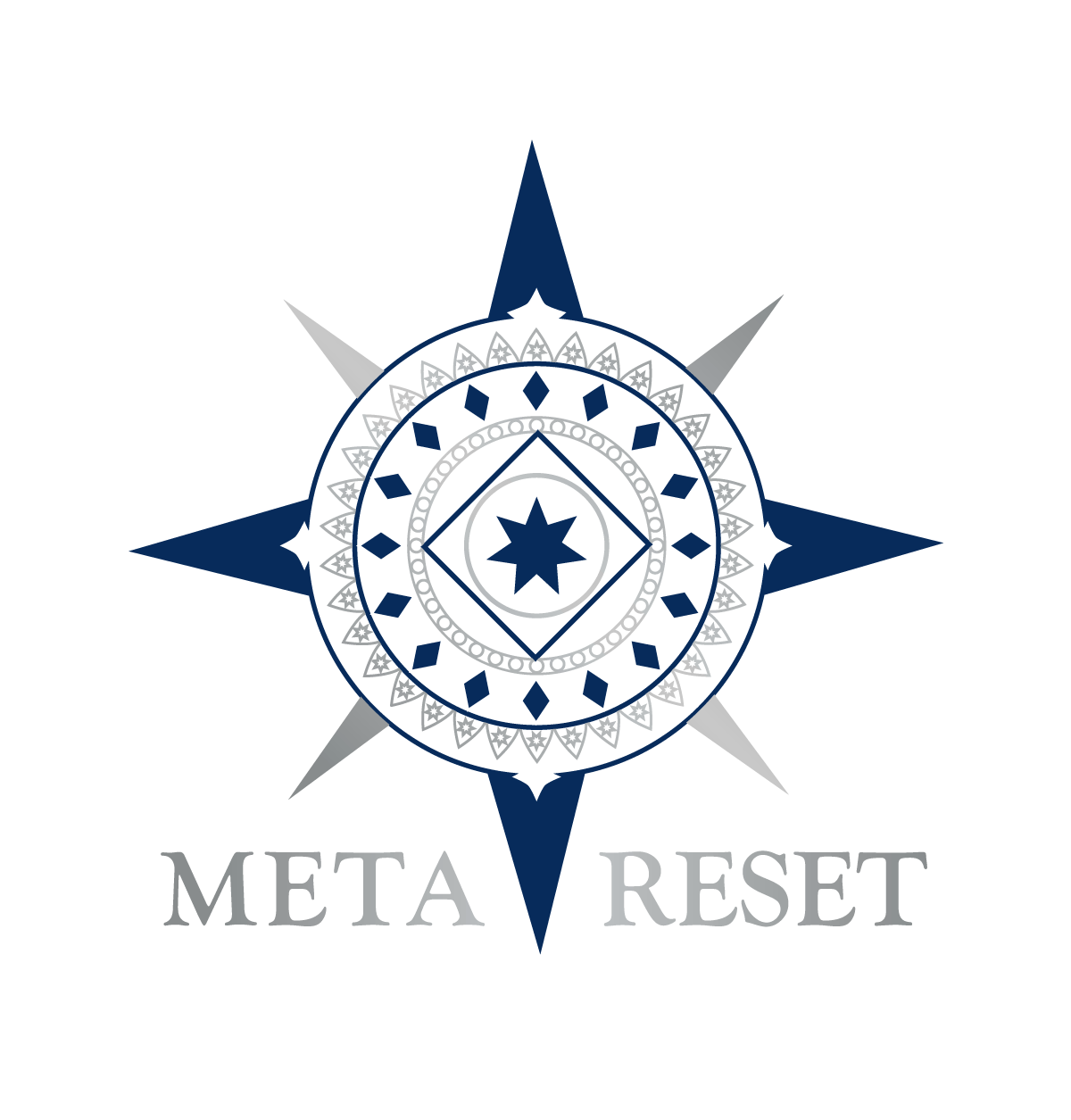
Summer Solstice Approaching
Can you feel the pull of the days growing longer and the sun growing stronger?
Love it or hate it, the summer is coming! It feels like it has already arrived some days, but is officially marked by the summer solstice on June 21st (for those of us in the Northern Hemisphere) Get ready for the longest day of the year!!!
This is a beautiful season when the earth is in full bloom, but before the heat of summer has set in. It is also a great time to reflect on how the cycle of daylight affects us individually. Because we have so much access to the sun during this time of year, it is an excellent time to tune our own rhythms of dark and light, our circadian rhythms.
Is this a familiar term for you? Circadian rhythm is the natural daily balance between dark and light that ideally is the basis for our sleep and waking times.
This rhythm is responsible for proper functioning of nearly EVERY BODY SYSTEM – that’s right! To name a few specific big hitters, circadian rhythms impact metabolism and insulin sensitivity, adrenal hormone balance, digestive and microbiome health, mood and emotions, and neuron and glial (brain cell) rebuilding and repair.
So if you want to liver your #bestlife you must to get in tune with a natural circadian rhythm. But what better time to follow the daylight can you ask for? Read on as we dive deeper into both the ancient wisdom and the modern science of WHY circadian balance is so critical, or skip ahead to get the top strategies we recommend for setting your circadian clock for success.
Ancient Wisdom: Ayurvedic Cycles of TIme

The very early hours of the morning, roughly 2am until 6am are seen as the time of day guided by air and space or ‘vata’. By getting up early and channeling this air and ether energy many people have their most creative and insightful work first thing in the morning. This is also a great time of day for meditation, yoga, and journaling.
From 6am until 10am the earth element grows stronger. Earth is slow moving and indicates heaviness in Ayurveda, and this corresponds to the groggy feeling you may get when sleeping well into this ‘kapha’ time of day. Getting up early helps us to harness the light energy of air to keep us moving during the heavy and slow kapha time. Earth is also very nurturing and this is a good time of day to incorporate a nurturing morning routine.
Midday is the time of fire or ‘pitta’. Roughly from 10am-2pm, this is our most productive time for execution of tasks and also when our digestion is strongest. If you consume raw foods, this is the best time of day to do so.
The afternoon, from 2pm-6pm is a return of the air energy, but it is often in effect more scattered than the morning where it is more easily harnessed into creativity. Rather than turning to a cup of coffee for an afternoon pick me up which can exacerbate the unstable air energy, switch to a cup of green tea or chai rooibos. This is a good time of day to go outside as spending time in nature and sunlight well help to ground and focus your creative potential.
Then around 6pm until 10pm we return to the earth. This is a crucial time to begin unwinding from your day. Some exercise before dinner may be appropriate, and walking is great, but for the most part this is the time of day to wind down. Generally, the earlier you eat your dinner the better as digestion is slow during this ‘kapha’ time. Just as a morning routine enhances the daytime earth energy, an evening routine to help you wind down before bedtime, harnessing the nurturing qualities of the earth.
At about 10pm, the Ayurvedic cycles complete the rotations with a final hour of fire. However, this ‘fire’ time is our best opportunity for deep, restorative sleep. According to Ayurvedic wisdom, the sleep you get BEFORE midnight is the most healing.
In modern times, this has become an issue as we are up late with bright interior lights and receiving UV signaling from our TVs, computers, and smartphones. These modern devices can keep us wired well into the ‘pitta’ hours of the night and prevent us from getting the healing sleep that we need. Most insomniacs will also agree that once you become engaged with your waking fire energy after 10pm, it becomes very difficult to shut it down and go to sleep. You may even find yourself still up at 1 or 2 in the morning!
Modern Science:
Research on circadian biology – the natural rhythms of day and night – is piling up! There is evidence that being out of tune with natural rhythms, whether shift work or waking up groggily to an alarm clock on the weekdays and then sleeping in on weekends, can cause serious health issues!
Imbalanced sleep wake cycles make you much more likely to have diabetes, insulin resistance, and carry more weight around your midsection! [1]
We now know that deep sleep is a critical function for clearing out inflammation in our brain. You may have experienced this in the form of headaches, depression, exietay, or manic like states experienced by a buildup of inflammation in your brain as a result of sleep deprivation. Sure enough, circadian imbalance is associated with increased risk of Alzheimer’s and cognitive decline. [2]
Melatonin, the supreme circadian messenger controls the delicate balance and nearly all other hormones from our thyroid and adrenal glands to our gonads. If you are one of the many people suffering from hormone imbalance in our modern world, you will not resolve this issue unless your circadian hormonal rhythms are restored [3, 4, 5]
Researchers are even exploring the connection between disrupted circadian rhythms and aging, cancer, and other degenerative diseases [6]
Real Life Strategy
Hopefully this blog has inspired some motivation in you to assess your own circadian rhythms and improve them. Here are our top tips for tuning your circadian rhythms for better health for your mind and body!

#1. Soak up the Sun
While we do recommend natural sunscreens when in the sun for long periods of time to prevent burning, getting outdoors to get sunlight is an important factor for circadian rhythms and vitamin D status. Try to spend 30-90 minutes outdoors in full or partial sun each day.
In general, sunlight is always better for hormone balance than artificial lights, so we recommend getting as much natural light as you can throughout the day. However, if you have difficulty getting enough sun exposure, you may look into bright therapy light for your home or office.
#2. Turn Down the Lights
Because our melatonin production is influenced by light, we will not sleep as deeply during daylight hours. However, artificial lights can have this deep sleep blocking effect as well!
Exposure to bright blue light from phones, televisions, computer screens, and LED lights prevents our sleep hormone signal, melatonin, from being released. Typically melatonin secretion begins for 1-2 hours prior to sleep but exposure to artificial lights delays the onset.
Do your best to dim the lights before bed, using low wattage bulbs, candles, and installing blue light filters on laptops, phones, and smart TVs. Ideally, limit your use of technology after 9pm, or an hour before your bedtime.
#3. 10pm Bedtime
Set your bedtime to 10pm and honor it! Instead of vegging and watching reruns way too late, set a hard limit to do what you need to do to get ready and be in bed before 10pm. This gives you time to enjoy the summer dusk and wind down in the natural light, but leaves you refreshed and excited to greet tomorrow.
Remember, when you go to bed before 10pm, you are able to get better rest as your entire sleep cycle will be aligned with the nighttime darkness!
#4. Greet the Morning
Transition your wake up time to greet the morning sun and take advantage of the summer sun before the weather gets too hot! Wake with natural light, as the sun is rising in the sky.
Depending on your personal schedule this may be anywhere between 5am-7am.
When you wake, expose yourself to the morning light, direct sunlight is preferable. You could go for a walk, practice yoga, or simply take a few meditative breaths in the sunlight. This will initiate the message to your brain that daytime has arrived and give you a natural energy boost. Exposing yourself to sunlight during the morning and early afternoon is a powerful tool for regulating circadian rhythms.
We hope you have found this information en-LIGHT-ening enough to make some healthy shifts in how you approach light exposure.
With love and in good health,
The Meta Reset Team
P.S. Don’t just take our word for it! Here are just a few scientific studies to support this blog
Sources
[1] Circadian Rhythms and Metabolic Disorders
https://www.ncbi.nlm.nih.gov/pmc/articles/PMC4418873/
[2] Circadian Rhythms and Neurodegenerative Disease
https://www.ncbi.nlm.nih.gov/pubmed/31102663
[3] Circadian Rhythms and Hormone Balance
https://www.ncbi.nlm.nih.gov/pubmed/25926680
[4] https://www.ncbi.nlm.nih.gov/pmc/articles/PMC3242828/
[5] https://www.ncbi.nlm.nih.gov/pubmed/21782883
Circadian Rhythms and Cancer and Cellular Aging














